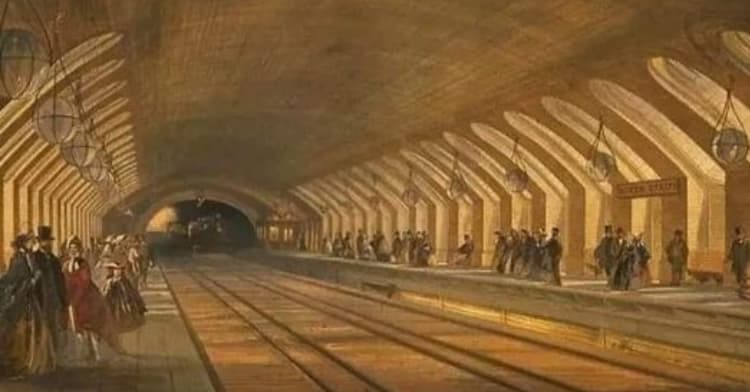The portrait of Elizabeth I, painted in 1598 when she was in her 60s, showcases the queen in all her regal splendor. Renowned for her extensive and lavish wardrobe, Elizabeth is depicted adorned in an opulent outfit adorned with hundreds of pearls, symbolizing purity befitting a virgin queen. Throughout her reign, these symbols of purity and virginity remained integral aspects of her public persona.
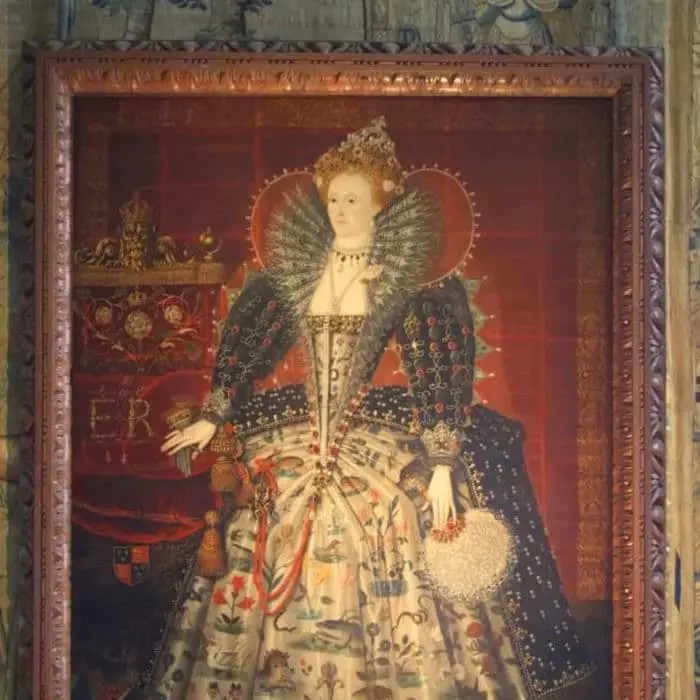
In the portrait, Elizabeth stands full-length on a raised platform with her throne positioned to her right. The composition of the painting may have been adapted from a miniature and was likely commissioned by Elizabeth Talbot, Countess of Shrewsbury. This suggests a close relationship between the countess and the queen, with the portrait serving as a visual testament to their connection.
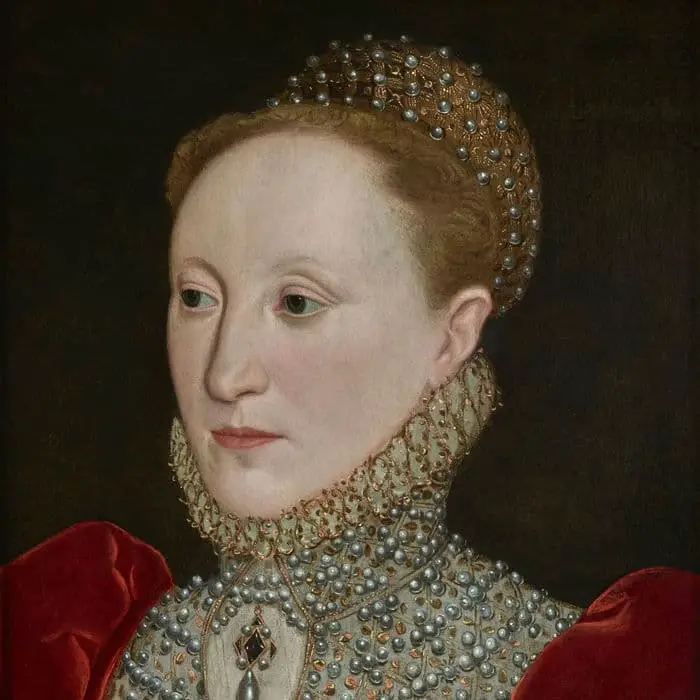
The artist responsible for this magnificent portrayal remains unknown, adding to the allure of the painting.
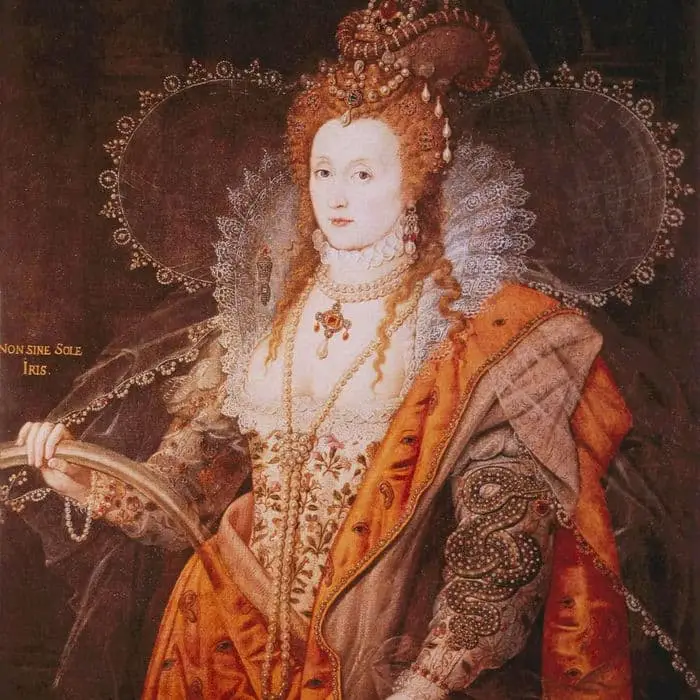
Today, this famous portrait can be viewed by the public at Hardwick Hall in Derbyshire. Designed and constructed between 1590 and 1597 by Robert Smythson, Hardwick Hall stands as an exemplary Elizabethan “prodigy house.” Built for Elizabeth, Dowager Countess of Shrewsbury, also known as “Bess of Hardwick,” the hall is a testament to her immense wealth and influence.
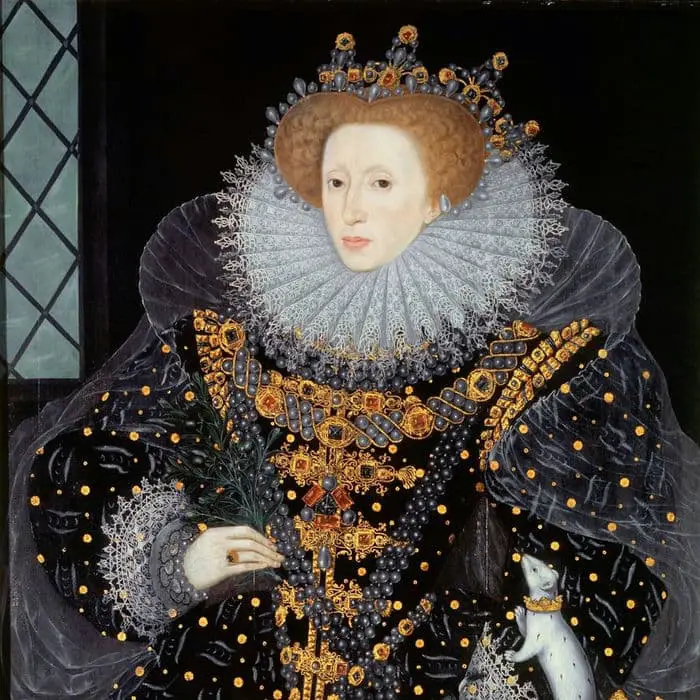
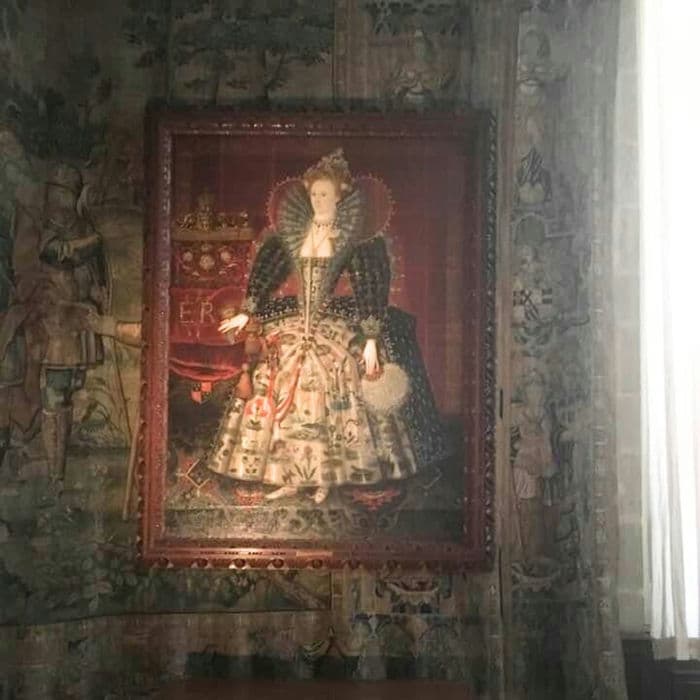
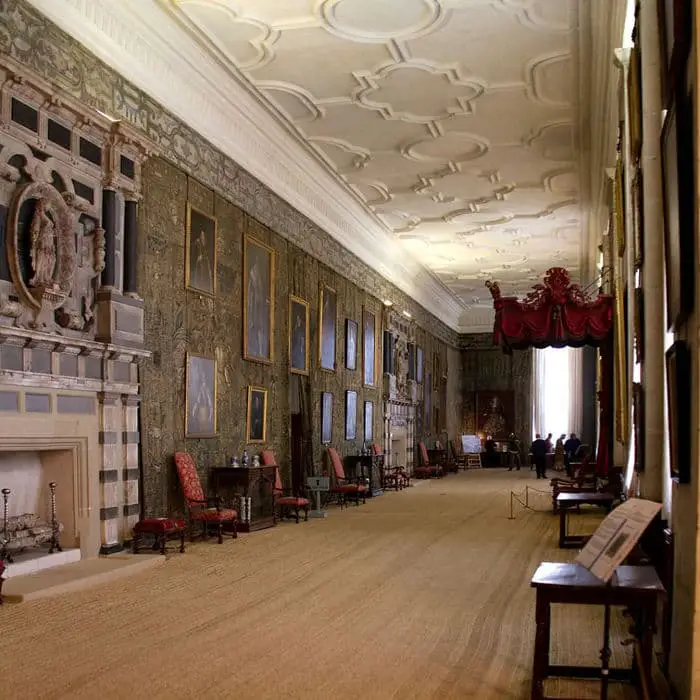
Hardwick Hall boasts vast, multi-paned windows, showcasing Bess of Hardwick’s unparalleled affluence, particularly at a time when glass was considered a luxury. The hall’s construction reflects Bess’s ambition and status, with even the chimneys built into the internal walls to accommodate more windows.

Managed by the National Trust today, Hardwick Hall offers visitors a glimpse into the grandeur of Elizabethan England and the legacy of individuals like Bess of Hardwick, whose vision and ambition shaped its architectural landscape.

